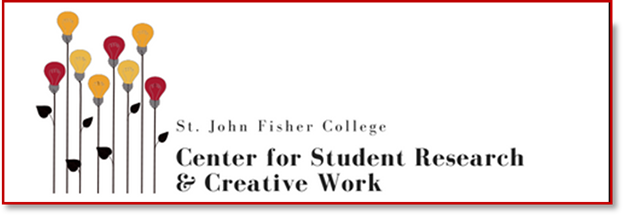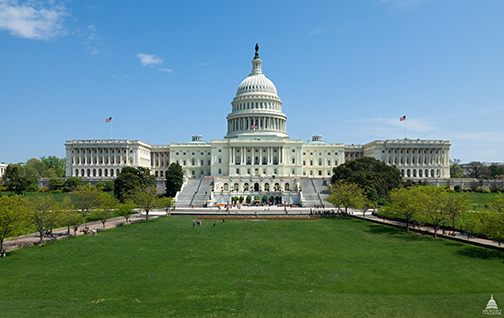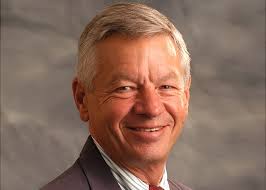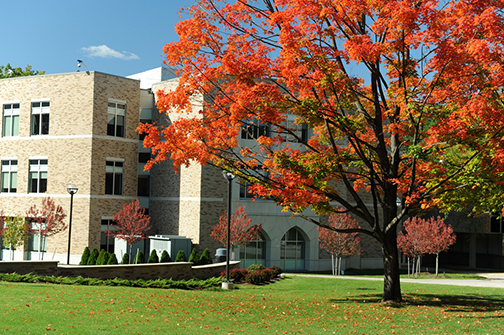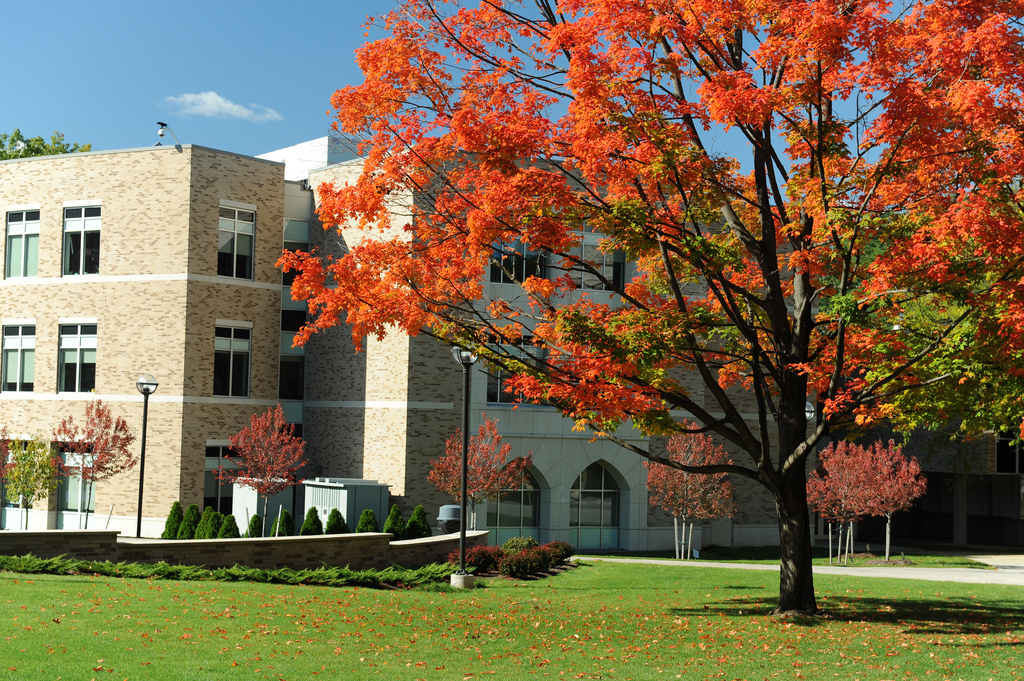HNRS 285 P3: Metamorphosis: Change Management & Paradigm Shifts
W 6:15-9:20
Prof. Fernan Cepero
In today’s global environment, individuals and organizations must change in order to survive and be effective. Thus, change is a constant in home, school, and work life and, therefore, future leaders need to have the ability to effectively manage and lead change initiatives. This course develops your understanding of change processes and provides you with practical skills for managing and leading change. Specific course objective include:
- Review and discuss theoretical frameworks and research evidence that can guide approaches to change.
- Acquire skills needed to lead change.
- Apply course concepts/theories and practical skills to analyze organizational change as well as implement personal change.
HNRS 290 P4: Science Fiction
MW 2:30-3:50
Dr. Lucia Guarino
Science fiction (SF) films, novels and television shows provide authors an opportunity to push the boundaries of what is currently possible and explore the implications of these developments for society. In this course, we will look at examples from recent SF that explore topics ranging from telepathy to robots, from energy weapons to terraforming other planets. Then, we will examine the reasonableness of these using scientific literature and experiments to evaluate the ideas.
HNRS 280 P2: “Trigger Me”: Examining Race, Bias, and Taking Action
TR 3-4:20
Dr. Joellen Maples
This honors course will provide an in-depth exploration of the theory and practice of learning and living in a diverse and pluralistic society. Students will actively explore the ways socio-cultural practices simultaneously support and marginalize different groups of people. As a foundation for building an understanding of contemporary issues of diversity, students will explore the ways in which language, literacy, culture, and experience influence the construction and deconstruction of knowledge at the societal, institutional, and individual level. Furthermore, we will discuss issues of intentional and inadvertent discrimination as it occurs societally, institutionally, and individually. Such interconnected exploration seeks to problematize our role in the construction and maintenance of a hegemonic ‘landscape’ for learning. Throughout the course students will discuss and interrogate issues related to social justice, with particular emphasis on the investigation of the discourses that create inequity in society. In addition to readings and film, students will be involved in off campus activities and will plan and propose a campus wide action plan to deal with racial inequities on campus.
